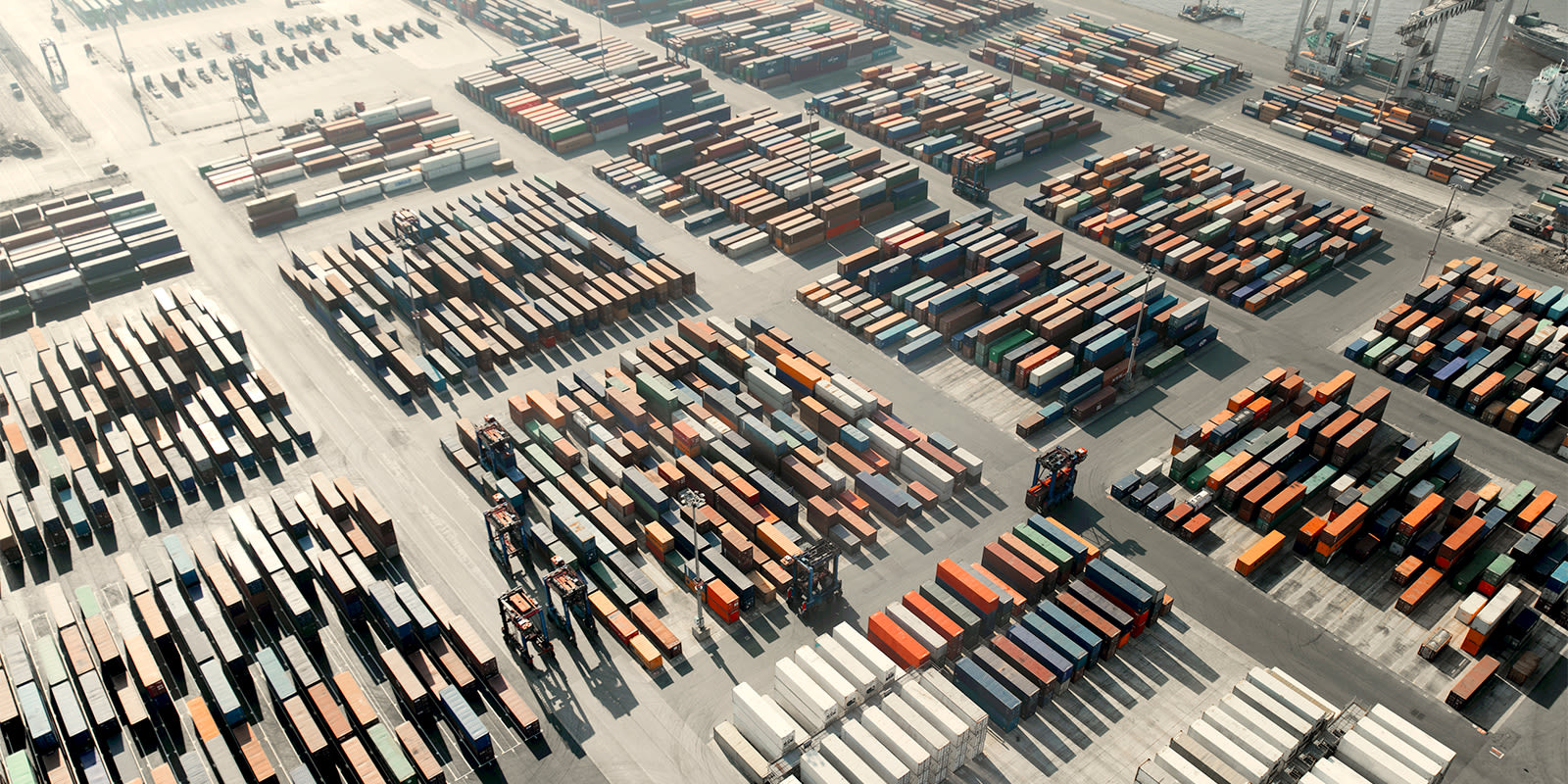
October 6, 2020
Brexit: Understanding the Intricacies for a More Successful Transition
Tags:
Brexit: Understanding the Intricacies for a More Successful Transition

October 6, 2020
Recently, Flexport outlined six steps businesses can take now to be Brexit-ready, with an overview on what to expect in the coming months. Beyond preparing for the big transition, understanding the specific implications of the UK’s trading relationships with the rest of Europe (and others) will become paramount. As the saying goes, the devil is in the details. And that is exactly what was covered in a follow-up webinar. Read on for key takeaways from the discussion.
Customs Declarations and Registrations
Incoterms, or terms of sale, are of primary importance to importers and exporters. They govern how import or export declarations are shaped. Two terms below are especially important as they are often the root cause of complications due to lack of awareness:
- DDP: Great Britain (GB) sellers may need to complete import declarations to a third country on top of export declarations. This may require additional obligations like setting up Economic Operators Registration and Identification Number (EORI) and Value-Added Tax (VAT) numbers.
- EXW: GB Buyers will be responsible for import and export declarations. Adding to the complexity, EU member states such as the Netherlands are looking to implement a more restrictive version of the "definition of an exporter." As reported in a blog earlier this year, after enforcing the EU’s union customs code (UCC) definition, Dutch customs authorities published a narrower definition of an exporter and limited who can act as the exporter of record—which went into effect October 1. This would mean UK establishments would not be allowed to act as the exporter of record at the end of the transition period. It is likely that many member states will follow this trend.
Businesses that don’t have visibility into their Incoterms should work with a customs advisory service to get ready for Brexit.
In addition, January 1, when the transition occurs, will usher in new rules regarding customs representation. GB-established businesses with no EU entity, directly importing or moving goods to the EU, will need ‘indirect’ (or even ‘fiscal’) representation in which the designated customs broker is wholly liable and takes on responsibility for any potential fines that may occur within three years after the customs declaration. This will likely increase customs costs. In addition, it may limit representation options as some brokers will not want to take this on.
Keep in mind two important guidelines:
(1) To import or export from the UK post-Brexit, businesses will be required to hold a Great Britain-prefixed EORI number. And, to do so in the EU they will also require an EU EORI. The advice here is to apply in a member state where the business imports the most or wherever goods arrive first in the import process.
(2) Postponed VAT accounting, is a new process that will allow UK VAT-registered companies to “postpone” payment of VAT at the point of entry. Those that aren’t VAT-registered hold the highest risk of not being prepared ahead of the Brexit deadline as they were not auto-enrolled by HMRC in 2019.
Declaration Requirements
In most cases, completed declarations will need to include:
- A commercial invoice that meets customs requirements
- Licence requirements - Are the goods controlled and do they need extra documents/presentation to customs?
- HTS codes - What are the goods? These are defined by the HTS codes that define the duty rate and potential controls on the goods.
- Country of origin - defined as the place where goods originated—not to be confused with place of export
- Valuation - Is there a sale taking place? If not how will the value of the goods be calculated to include on the invoice?
- Documentation of additional charges, such as freight and insurance
The Clock Is Ticking
As the twists and turns continue with the countdown to Brexit, there are many moving parts—and with that, considerations to be made and prepared for. To learn more about the intricacies of Brexit, catch the webinar on demand. And, be sure to visit our special microsite for all things Brexit.
About the Author

October 6, 2020


